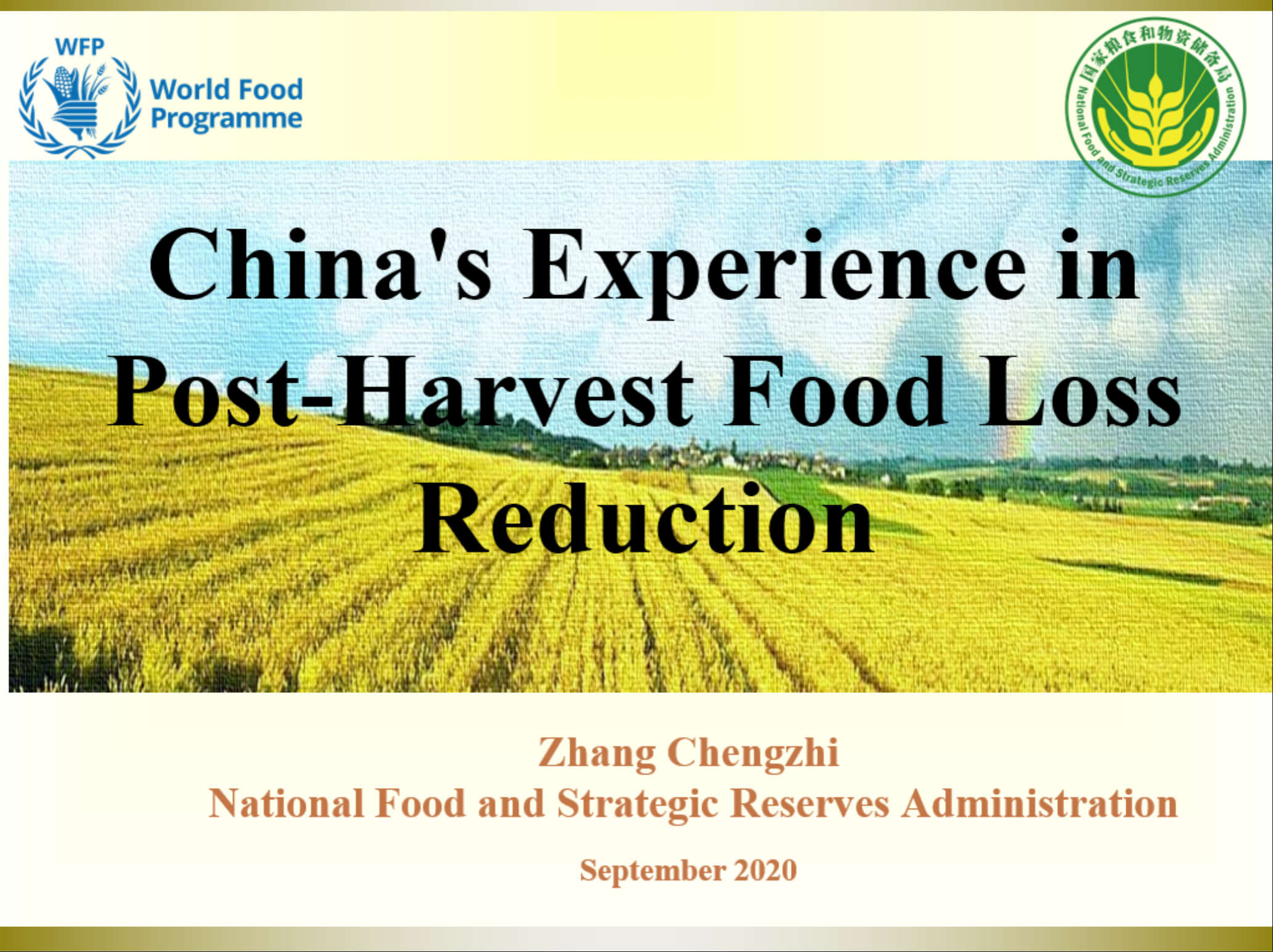In this class, we will explore China's experience in post-harvest food loss reduction, which has been crucial in ensuring food security and reducing food waste. We will cover various topics, including China's achievements in food saving and loss reduction, policies and regulations, technology and application equipment, cultural atmosphere, and food security during the COVID-19 pandemic. We will start by discussing the world food situation and security risk, which will provide a context for understanding the importance of food loss reduction. Next, we will examine China's remarkable achievements in food saving and loss reduction, which have contributed significantly to ensuring food security for its large population. We will also explore the systematic promotion of food saving and loss reduction in China, which involves government-led initiatives, public education campaigns, and market-based incentives. We will then discuss China's policies and regulations on food saving and loss reduction, which include measures such as subsidies for farmers, standards for food packaging and transportation, and penalties for food waste. We will also examine the technology and application equipment used in China to reduce food loss, including the use of refrigeration and transportation technologies and the development of smart storage and tracking systems. We will also delve into the cultural atmosphere of food saving and loss reduction in China, which is influenced by traditional values such as frugality and thriftiness. Moreover, we will explore the role of farmers in reducing food loss and waste and the various measures taken to ensure their food security. Finally, we will discuss how China has ensured a guaranteed food supply during the COVID-19 pandemic by implementing various measures, including food assistance programs and the use of e-commerce platforms for food delivery. Overall, this class will provide students with valuable insights into China's experience in post-harvest food loss reduction and its implications for global food security and sustainability.
This course is from SSTC Pilot Project in Kenya (Phase II) - Improving the Transformation Segment of the Food System in Kenya’s Arid and Semi-Arid Lands through Market-Based, Cost-Efficient and Scalable Solutions for Smallholders
* Participants who successfully complete the course and pass a corresponding quiz will receive a certificate of achievement.
.png)
.png)





Learner Satisfaction Rating
Reviews